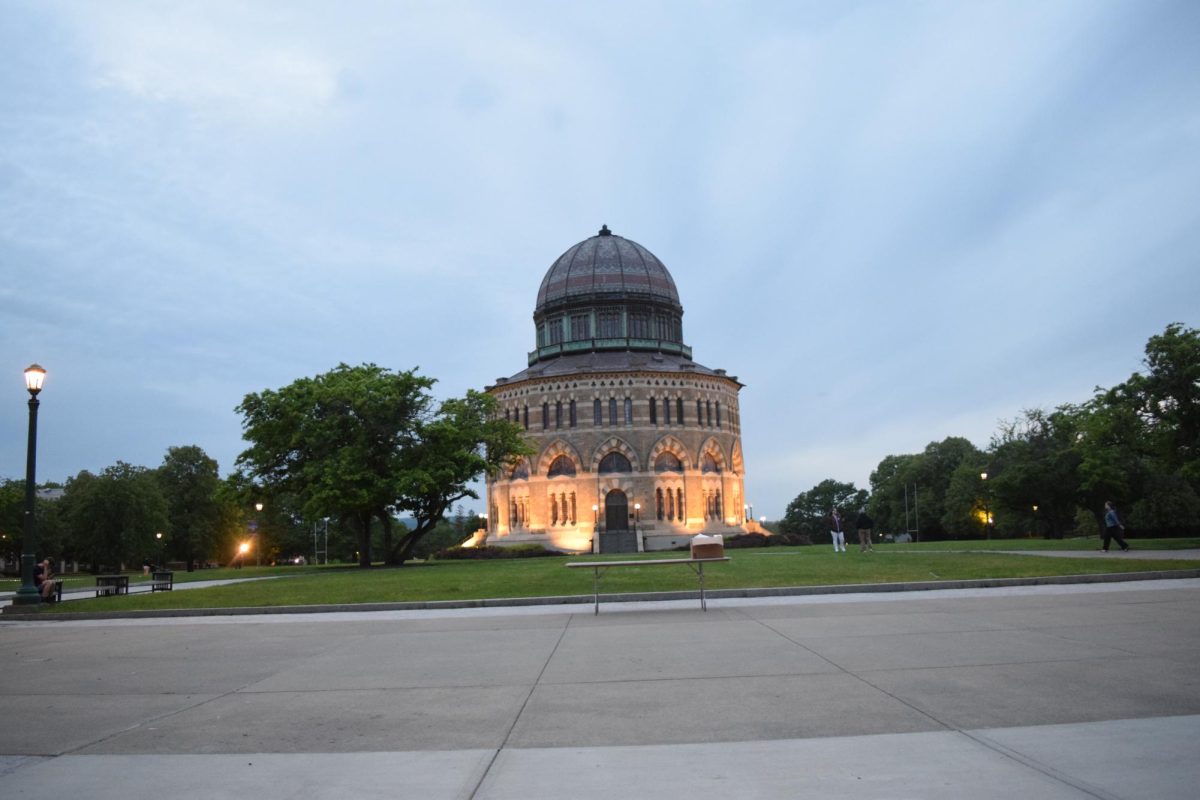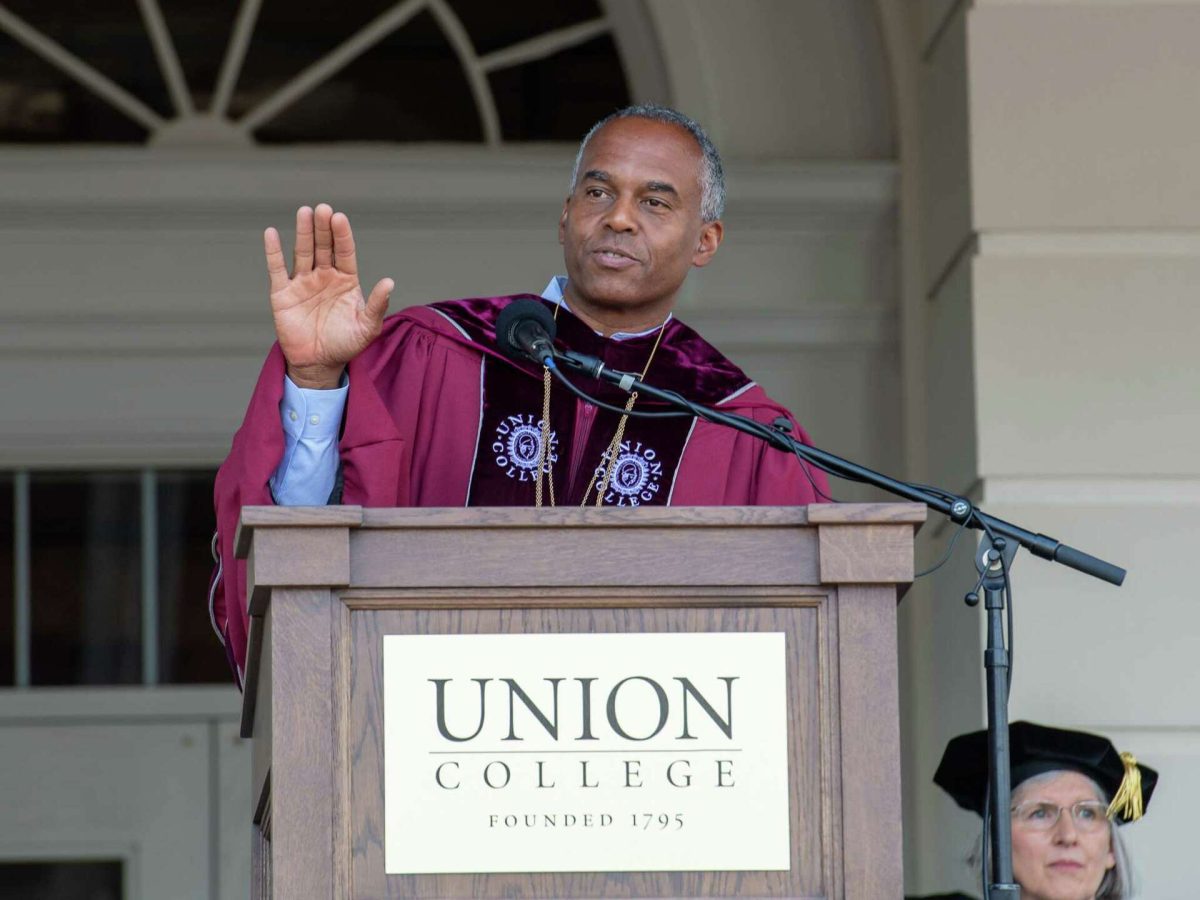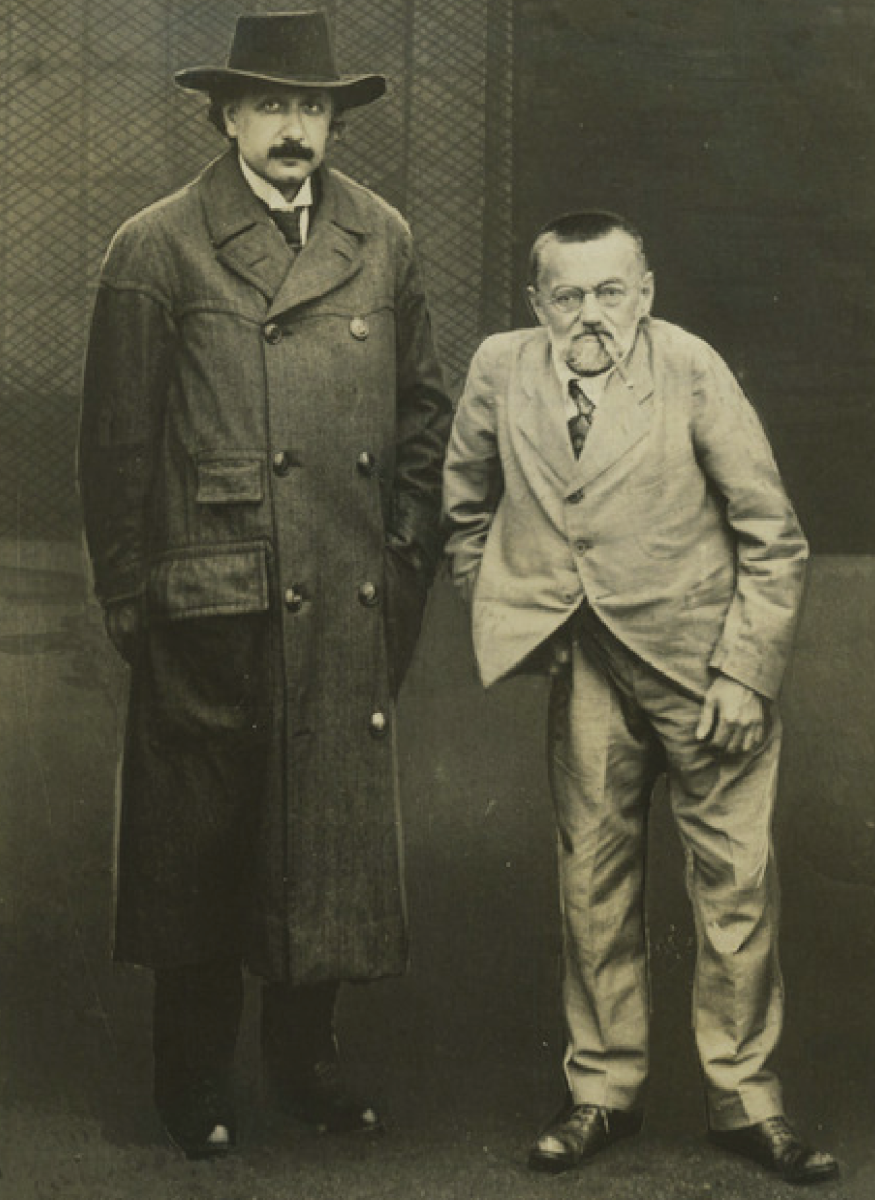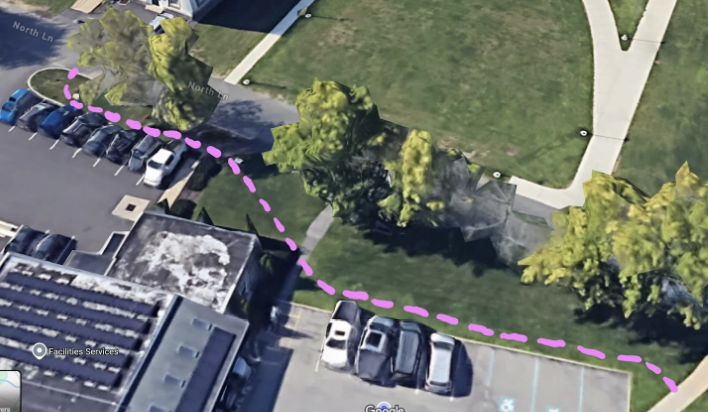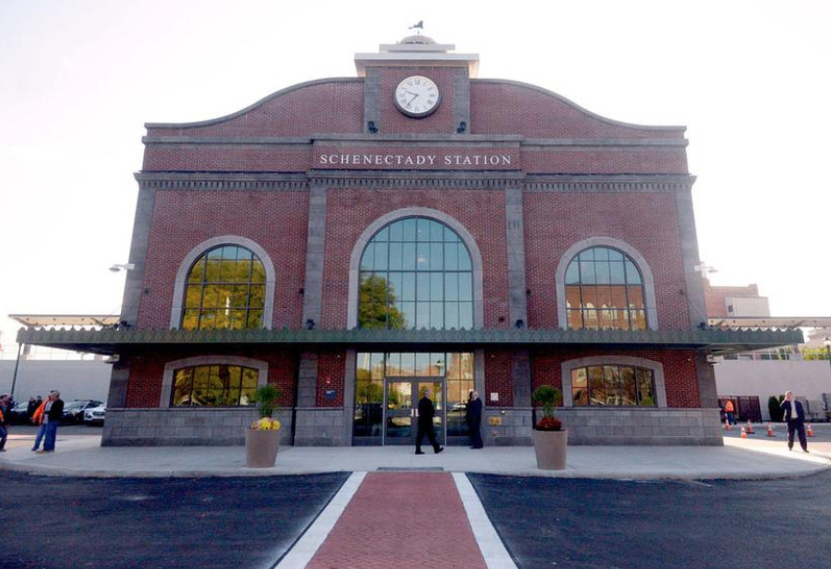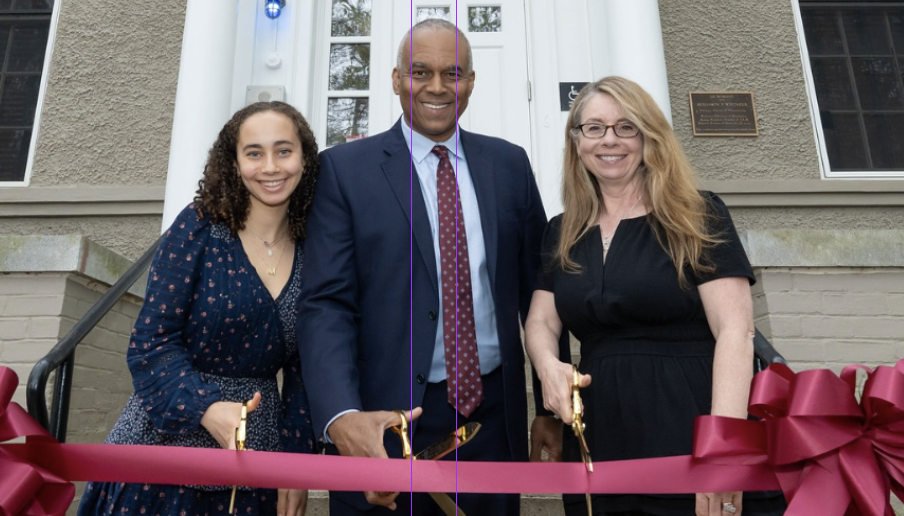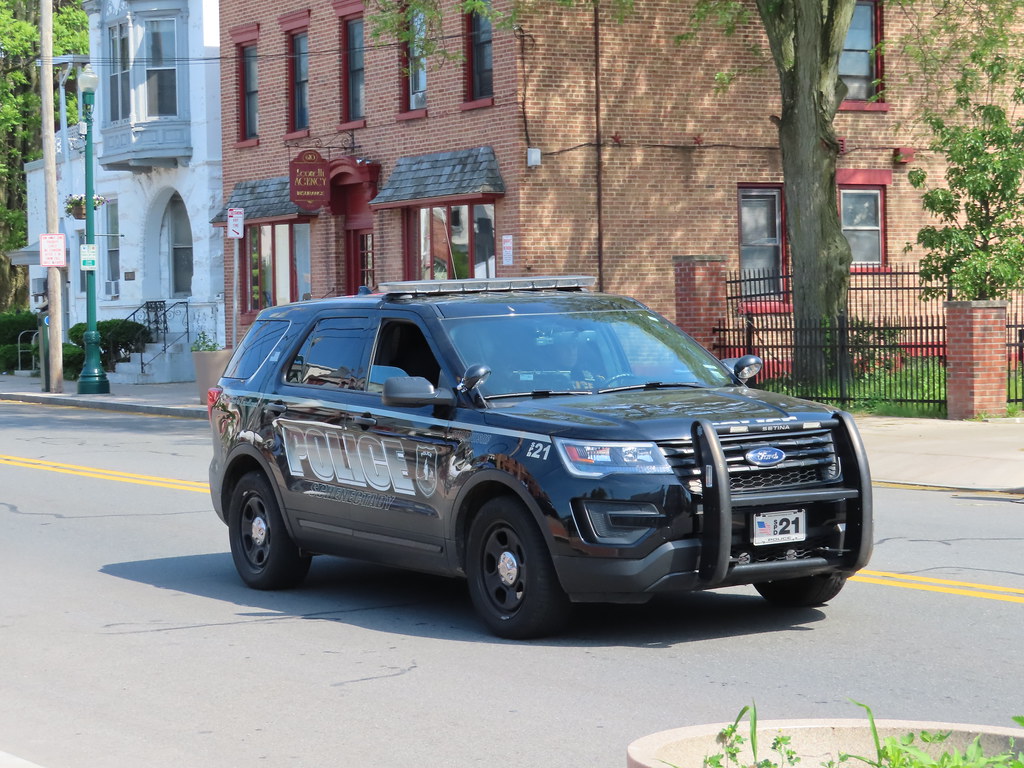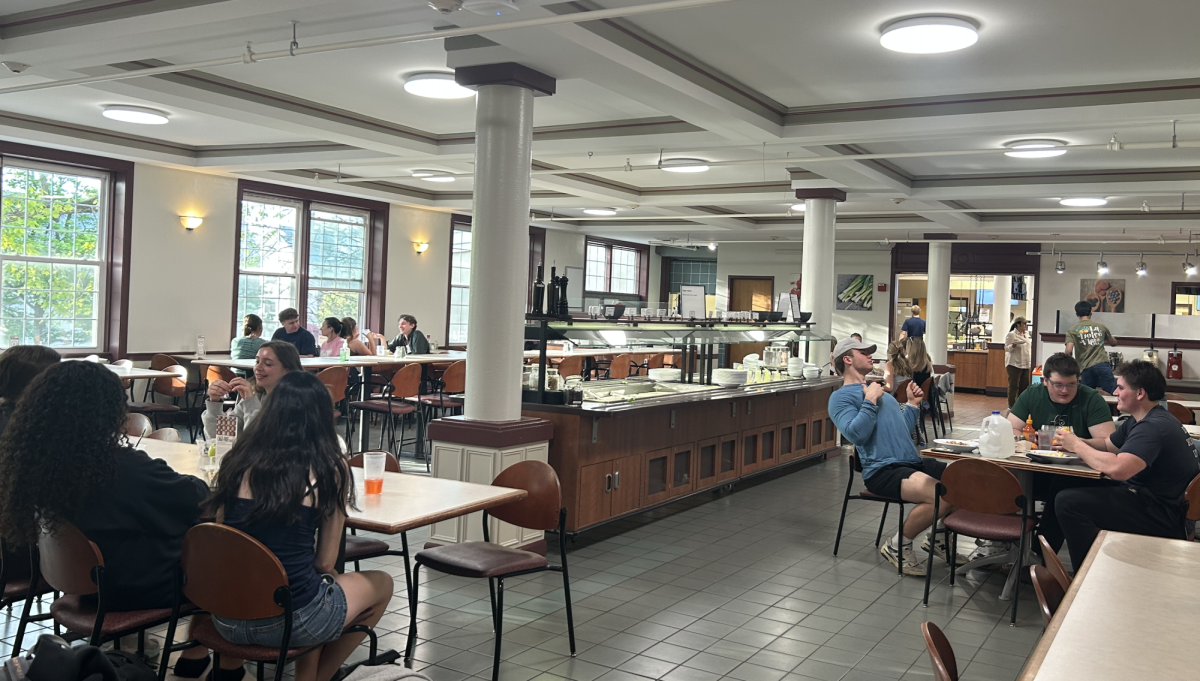On Thursday, April 12, the LACS (Latin American and Caribbean Studies) Program hosted a luncheon with William Andahua-Arellano, discussing recent protests and violence in Peru surrounding the attempted “self-coup” of former President Pedro Castillo. William Andahua-Arellano is a graduate student from Peru, and a Spanish teaching assistant at Syracuse University. Previously, William taught at University of Pennsylvania teaching Quechua (indigenous) language and culture classes.
Discussion Summary
Castillo, a former schoolteacher and union activist was elected President of Peru in 2021, and faced widespread opposition from the media, along with congress effectively preventing basic functions of his governance possible. Peru’s congress is deeply unpopular, with around 92% of Peruvians distrusting the institution. Many of the facets of Peruvian governmental institutions still shaped by the right-wing, neoliberal dictatorship in the 90s’ of Alberto Fujimori.
Castillo, an indigenous man from the Cajamarca region faced widespread racism from the majority white elite and was accused of being a member of “Sendero Luminoso,” referencing the ultra-left terrorist group Shining Path, which had terrorized the country from 1980-1992. In 2021, after Castillo was elected, the Peruvian congress attempted to remove Castillo using an obscure constitutional clause that allowed them to remove any president for “moral incapacity,” a way to remove any president with policies they did not approve of. Peru’s current constitution, although heavily amended, is largely a relic from the Fujimori dictatorship era. Castillo also sought to re-write the constitution.
Castillo’s economic policies aimed at nationalizing key sectors of Peru’s economy, and if implemented would have been a major turn away from Peru’s traditionally free-market neoliberal economy. Castillo also sought to expand education and health services and increase taxes in on large companies to help combat poverty and inequality in Peru.
Following his failed self-coup, Castillo was arrested and his Vice President, Dina Boularte assumed office. Throughout the country protests calling for new presidential elections erupted but were met with indiscriminate police violence. During this time, the largely elite-owned media ignored these protesters, only covering them to make fun of protesters and hurl epithets at the largely indigenous protesters, with some figures going so far as to say the military should bomb the major regions wracked by protests. Much of the protests come from the poorer, more rural parts of Peru, largely inhabited by indigenous peoples. Protesters traveled to the capital, Lima, and were met with deadly force from police. At least 69 people have being killed during protests, with hundreds wounded.
At this time, a bill has been brought forward to allow the Presidential election to be held in 2023, addressing the protestors demands but much remains to be seen if the bill will pass.
This event was hosted by Union’s Latin American and Caribbean Studies Program (LACS), which also hosts other talks throughout the year. Other departments also regularly host similar events.
This article was originally published in the print edition of Concordiensis on April 20, 2023.


